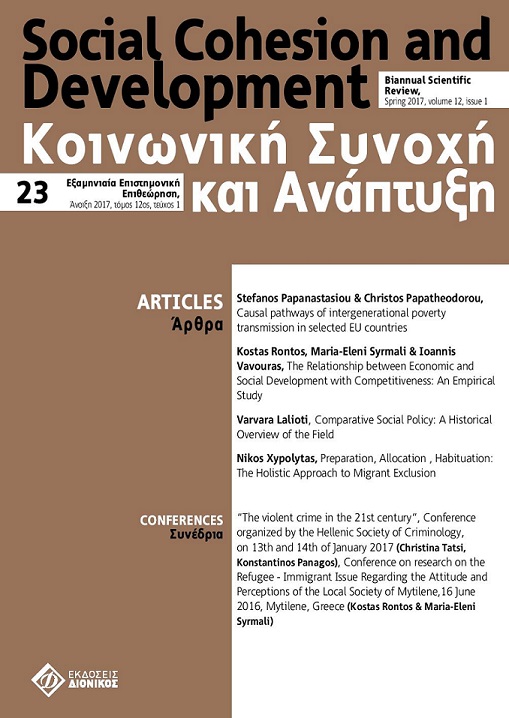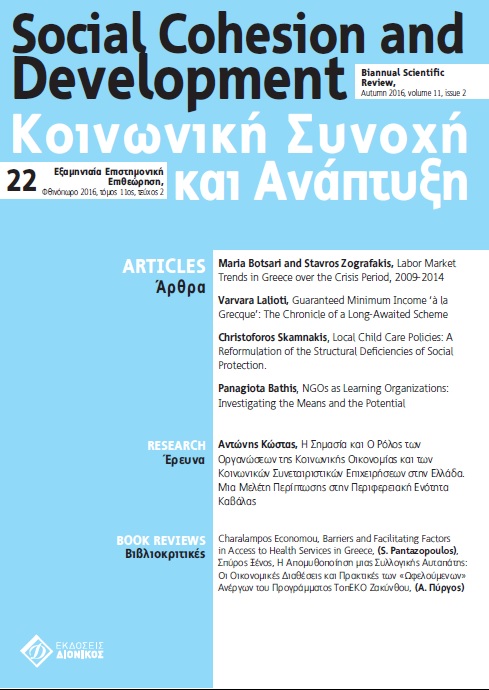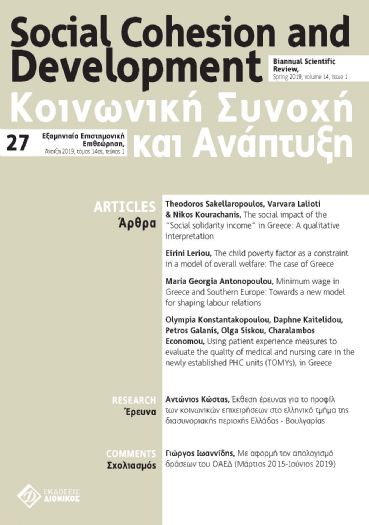Comparative Social Policy: A Historical Overview of the Field

Abstract
This article aims to provide a succinct historical overview of comparative social policy. Typified by both challenges and benefits, comparative social policy started to experience a period of growth in the 1960s, a time characterized by the dominance of the socalled Keynesian welfare state. It will be argued that the publication of Esping-Andersen’s Three Worlds of Welfare Capitalism in 1990, during a period marked by the omnipotence of the so-called Schumpeterian welfare state, coincides with the beginning of a new era for comparative social policy, one that has resulted in it being recognized as a separate field of study. The article discusses the main characteristics of each evolutionary phase of comparative social policy, as exemplified by the preponderance of descriptive studies and the functionalist family of welfare state explanations in the pre-1990 years and the dominance of the welfare state taxonomies in the post-1990 period. In spite of the challenges that are yet to be overcome, the proliferation of studies in the field transmits
positive messages about the future of comparative social policy.
Article Details
- How to Cite
-
Lalioti, V. (2018). Comparative Social Policy: A Historical Overview of the Field. Social Cohesion and Development, 12(1), 39–56. https://doi.org/10.12681/scad.15944
- Issue
- Vol. 12 No. 1 (2017)
- Section
- Articles

This work is licensed under a Creative Commons Attribution-NonCommercial-ShareAlike 4.0 International License.
Authors who publish with this journal agree to the following terms:
- Authors retain copyright and grant the journal right of first publication with the work simultaneously licensed under a Creative Commons Attribution Non-Commercial License that allows others to share the work with an acknowledgement of the work's authorship and initial publication in this journal.
- Authors are able to enter into separate, additional contractual arrangements for the non-exclusive distribution of the journal's published version of the work (e.g. post it to an institutional repository or publish it in a book), with an acknowledgement of its initial publication in this journal.
- Authors are permitted and encouraged to post their work online (preferably in institutional repositories or on their website) prior to and during the submission process, as it can lead to productive exchanges, as well as earlier and greater citation of published work (See The Effect of Open Access).




